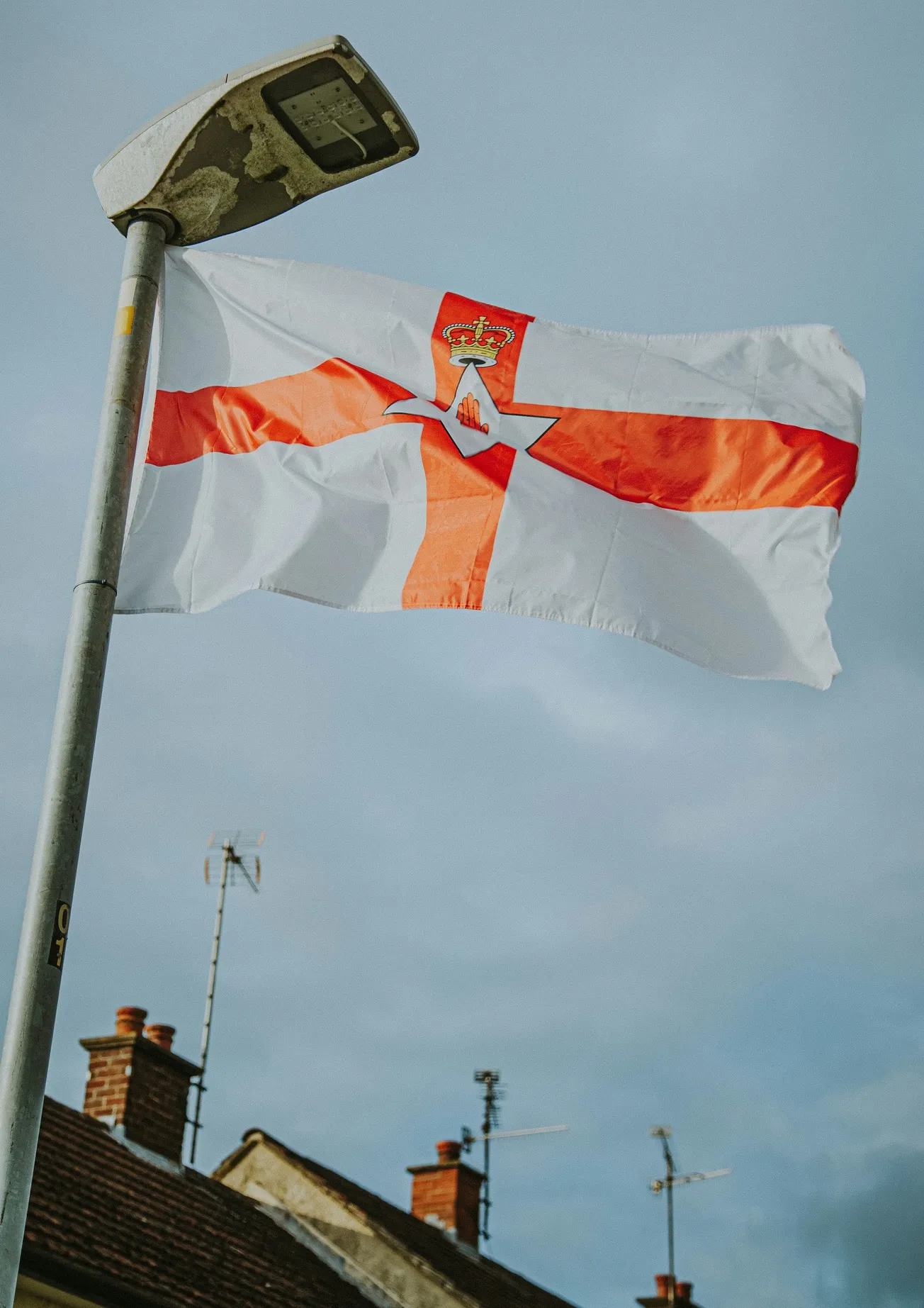On a bright July morning, hundreds of military veterans gathered at the Cenotaph in London, medals glinting in the sun, banners raised high. They had come by motorbike and on foot, unified by one message: don’t scrap the law that protects those who served in Northern Ireland.
The law in question — the Northern Ireland Troubles (Legacy and Reconciliation) Act 2023 — has stirred fierce public debate. Victims’ families, Northern Ireland’s political parties, human rights groups and the Irish government have all called for its repeal. Many UK Armed Forces veterans, however, see things very differently. They argue the law brought long-overdue protection after decades of legal limbo — and that repealing it would be a betrayal.
This article unpacks what the Legacy Act actually does, why it was introduced, and what its repeal would mean. Ultimately, we make the case — from a veteran’s perspective — for why this law should stand.
What Is the Troubles Legacy Act?
The Troubles Legacy Act was passed by the UK Parliament in 2023, aiming to deal with the long shadow cast by the conflict in Northern Ireland — a conflict that spanned three decades and claimed over 3,500 lives.
At its core, the Act introduced three main measures:
- Conditional immunity from prosecution for those who cooperate with a new truth-recovery body
- An end to new criminal investigations, civil cases and inquests related to Troubles-era incidents
- The creation of the Independent Commission for Reconciliation and Information Recovery (ICRIR), designed to offer families truth and answers rather than courtroom trials
In simple terms, the Act aimed to switch the focus from punishment to truth and closure — encouraging people to come forward and tell what really happened, without fear of prosecution.
Why Was It Introduced?
From 1969 to 2007, British troops operated in Northern Ireland under Operation Banner — the longest continuous deployment in UK military history. Over 250,000 service personnel rotated through the province. They were faced with riots, bombings, and ambushes, often making life-or-death decisions in an instant.
After the 1998 Good Friday Agreement brought peace, attention turned to how best to address the legacy of the conflict. Investigations, civil cases and inquests began to re-examine historic incidents — including those involving the military. But these processes became lengthy, contentious and, in many cases, repetitive.
Veterans were particularly affected. Some were investigated multiple times over the same incident. Others, like former soldier Dennis Hutchings, were dragged through the courts in their 70s and 80s, despite denying wrongdoing. Hutchings died during his trial, his name still not cleared. For many veterans, this felt less like justice and more like punishment by process.
The government argued that endless legal action was bringing no real closure — only continued pain and uncertainty. The Legacy Act was presented as a way to draw a line under the past while still offering families answers through the ICRIR.
Why Do So Many Want It Repealed?
The Legacy Act has faced opposition from all sides in Northern Ireland. Victims’ families, political parties, legal experts and the Irish government have all called for it to be repealed.
Their main criticisms are:
- That immunity equals amnesty, denying victims justice
- That closing down legal routes like inquests and civil cases removes families’ last remaining options
- That the Act was imposed from Westminster without the consent of Northern Ireland’s political institutions
- That it treats terrorists and former soldiers the same — offering both the chance to escape prosecution
International human rights organisations and even the Irish government have launched legal challenges, arguing the Act breaches human rights commitments.
Following the 2024 general election, the new UK government announced its intention to repeal the Legacy Act — promising to replace it with a different, more victim-focused approach. Many welcomed the news. But for veterans, alarm bells were ringing.
The Veterans’ View: Enough Is Enough
Veterans argue the Legacy Act brought long-awaited peace of mind. It meant no more worrying about surprise investigations in old age, no more being called to court over events that happened 50 years ago. It offered closure — something victims have understandably sought, but something veterans also need.
Key concerns from veterans include:
- Being dragged back into courtrooms despite already having been cleared or investigated
- The emotional and financial toll of defending oneself in old age
- The fact that former terrorists were released under the Good Friday Agreement, yet ex-soldiers have continued to face prosecution decades later
- The feeling that their service — which helped bring peace — is being recast as criminal in retrospect
Most veterans aren’t demanding a free pass. They simply want fairness. They point out that their actions were taken under lawful orders, in service of their country, in a deeply hostile environment. To be tried now, under today’s standards, for what happened in the chaos of the 1970s or ’80s, feels unjust and demoralising.
What Would Repeal Mean?
Repealing the Legacy Act without strong replacement protections could mean:
- A return to historic investigations, potentially re-opening cases that had already been closed
- More veterans facing prolonged legal battles, even if prosecutions remain rare
- Loss of confidence in the Armed Forces Covenant — the promise that those who serve will be treated fairly
- A chilling effect on current service personnel, who may fear future legal consequences for difficult decisions made on operations
It could also risk delivering less truth, not more. The ICRIR was designed to gather information by removing the threat of prosecution. Without that incentive, many with knowledge of past events may simply stay silent.
Most of all, repeal risks re-opening deep divisions in Northern Ireland, where the focus needs to be on reconciliation, not retribution.
Honour the Past, Protect the Future
The Troubles Legacy Act is far from perfect — few would claim otherwise. But from a veteran’s perspective, it was a long-awaited attempt to bring finality and fairness to a decades-long moral and legal grey area.
Repeal should not be rushed. It should only happen if a better system is clearly defined — one that protects those who served in good faith, while offering victims the answers they deserve.
Veterans are not asking for medals or fanfare. They simply want to live out their later years in peace, without the fear of legal persecution for actions taken in service, in uniform, and under orders.
If society wants to move forward, it must recognise the role that British service personnel played in preventing civil war and helping to build the peace that Northern Ireland enjoys today. Justice matters — but so does mercy, especially when justice has already been served through investigations, or is no longer realistically achievable.
We cannot rewrite the past. But we can choose how we deal with it — with endless courtroom battles, or with truth, dignity, and a clear-eyed view of the human cost of war.
For veterans of the Troubles, the Legacy Act was a moment of clarity and closure. Repealing it without a robust replacement risks undoing hard-won peace of mind — and, in doing so, dishonouring those who risked everything to protect others.






